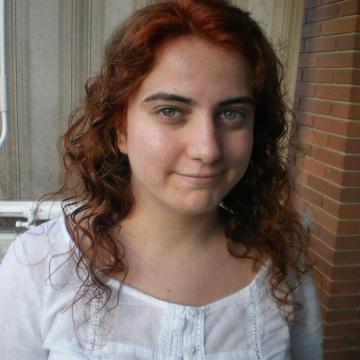A Project coordinated by IIIA.
Principal investigator:
Collaborating organisations:
EUVITRO S.L.U.
Human infertility, i.e. the inhability to conceive after one year of unprotected intercourse, is a disease of significant personal, financial, and societal cost. Human infertility is estimated to affect up to 1 in 8 couples wishing to conceive, and its prevalence is on the rise due to socioeconomic factors (increased age at first birth in women, use of contracceptives in both men and women, advanced scholarization in women and economic uncertainties in both sexes). For most infertile couples, a treatment of assisted reproduction (ART) will be needed to overcome their infertility.
Unfortunately, and in spite of ongoing research in this area, the success rates of ART after the transfer of embryos generated in the laboratory into the woman womb are about 25%, worldwide. Gamete and embryo quality is regarded as factors of paramount importance in determining ART success; nevertheless currently there are few if any assessment methods to determine their quality. A limitation of this field of research is the lack of robust data on the variables that could predict embryo potential, besides an invasive test of embryo ploidy which is currently among the most advanced predictor of successfull implantation.
This multidisciplinary project aims at addressing this outstanding issue by taking advantage of machine learning algorithms combined with the large datasets of clinical data related to ART treatments available in company. The final goal of this project is the development and prospective testing of costumized algorthitms which can be used to predict the success rates of assisted reproductive technologies, and specifically to identify the gametes and embryos with the highest chances to give rise to a viable pregnancy after transfer, in specific patients population, thus improving both the diagnostic and prognostic capabilities of current methods.

Scientific Researcher

Industrial PhD Student

